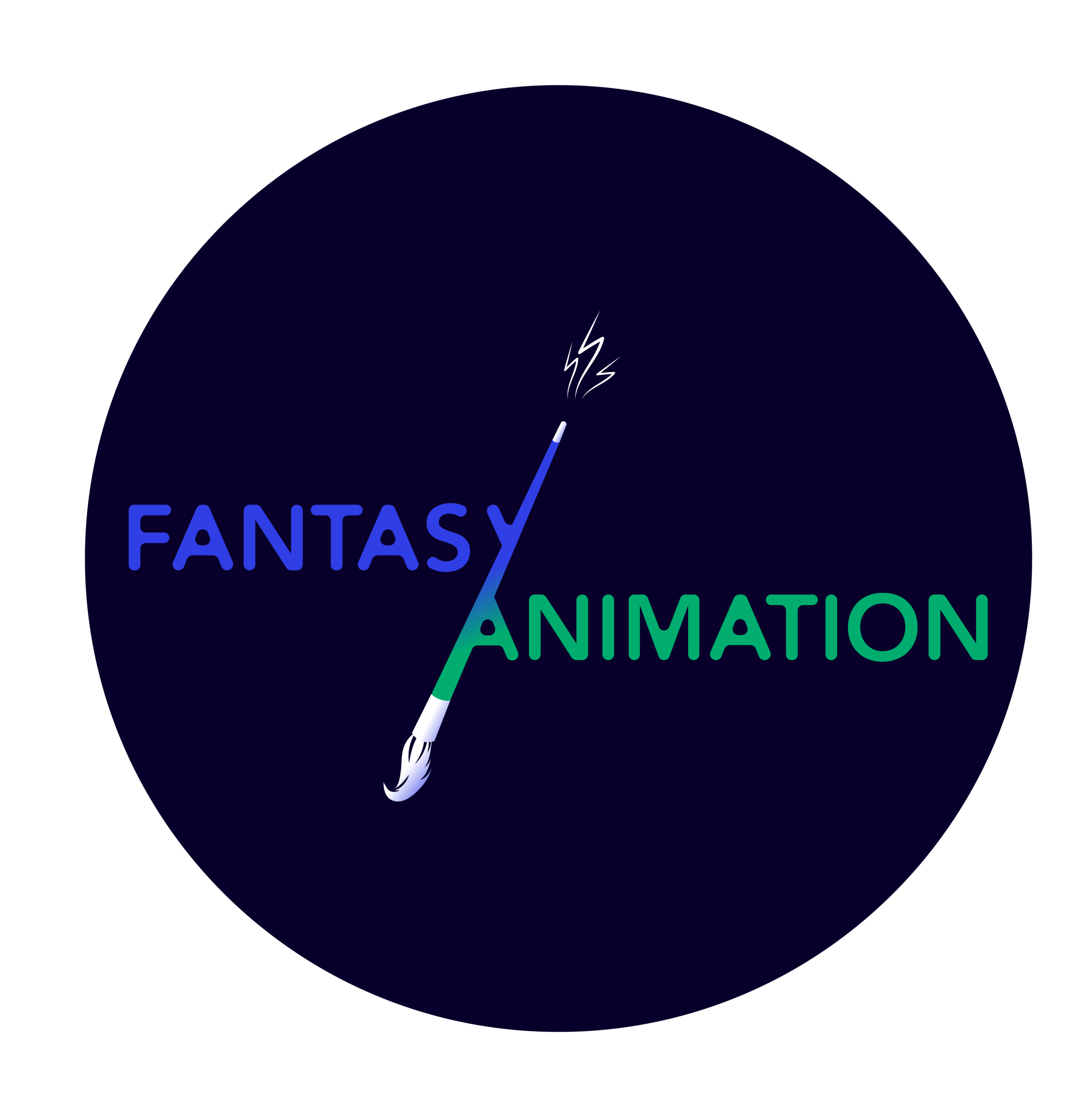Episode 73 - Arrival (Denis Villeneuve, 2016) (with William Brown)
The Fantasy/Animation podcast takes listeners on a journey through the intersection between fantasy cinema and the medium of animation. Available via Apple Podcasts, Spotify and many of your favourite podcast hosting platforms!
Episode 73 reaches deep into the science, spaces and squids of Arrival (Denis Villeneuve, 2016), the recent science-fiction feature starring Amy Adams and Jeremy Renner, and based on Ted Chiang’s 1998 short story “Story of Your Life.” Joining Chris and Alex to discuss this atmospheric subversion of the sci-fi genre is Dr William Brown, Independent Scholar and Honorary Fellow at the University of Roehampton whose research expertise focuses on contemporary digital and new media, posthumanism, critical race theory, and film-philosophy. William is the author of numerous monographs, book chapters and articles related to popular cinema, media convergence and digital filmmaking - from eye tracking technologies to motion capture - and his latest collection is The Squid Cinema From Hell: Kinoteuthis Infernalis and the Emergence of Chthulumedia (co-authored with David H. Fleming) (2020). Listen as they chat about the earthly (squids, octopi, cuttlefish) and extraterrestrial cephalopods that have populated the history of cinema; the cephalopodan qualities of the digital and the tentacular reach of the virtual camera; the gaseous, cloudy spectacle of chromophoric display as it manifests throughout Arrival’s army of Heptapods; discourses of racial otherness and the gendering of so-called ‘squid cinema’; narrative, linearity, duration and the film’s fantastical relationship with/to time; Felix the Cat, ‘soft beings’ and the animator’s desire for control of the animated ink; how Villeneuve evokes the Rorschach stain through Arrival’s chaos of plasma, and how this feeds into the cultural and political plasticity of black bodies; and why, in the end, it all comes back to tentacles.
Suggested Readings
Brown, William. 2009. “Beowulf: The Digital Monster Movie.” animation: an interdisciplinary journal 4, no. 2: 153-168.
Brown, William. 2009. “Man without a movie camera–movies without men: towards a posthumanist cinema?” In Film Theory and Contemporary Hollywood Movies: AFI Film Readers, edited by Warren Buckland, 66-85. London: Routledge.
Brown, William. 2013. Supercinema: Film-Philosophy for the Digital Age. New York: Berghahn.
Jackson, Zakiyyah Iman. 2020. Becoming Human: Matter and Meaning in an Antiblack World. New York: NYU Press.
Lim, Bliss Cua. 2009. Translating Time: Cinema, the Fantastic, and Temporal Critique. Durham: Duke University Press.
Mbembe, Achille. Necropolitics. Durham: Duke University Press.
Morton, Timothy. 2013. Hyperobjects: Philosophy and Ecology After the End of the World. Minneapolis: University of Minnesota Press.
Sobchack, Vivian. 2004. “What My Fingers Knew: The Cinesthetic Subject, or Vision in the Flesh.” In Carnal Thoughts: Embodiment and Moving Image Culture (Berkeley: University of California Press, 2004), 53-84.
Todorov, Tzvetan. 1975. The Fantastic: A Structural Approach to a Literary Genre. Ithaca: Cornell University Press.
Vettel Tom, Patricia. 1996. “Felix the Cat as Modern Trickster.” American Art 10, no. 1 (Spring): 64-87.

